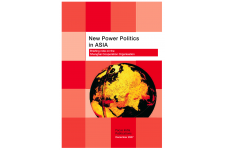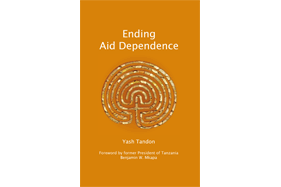The report is based on field research carried out in and around shipbreaking yards in Chittagong, as well as in Northern Bangladesh villages, where many child workers come from. With Childbreaking Yards, FIDH (International Federation for Human Rights ) and YPSA (Young Power in Social Action) (…)
Childbreaking Yards: Child Labour in the Ship Recycling Industry in Bangladesh
FIDH, YPSA, June 2008, 36 p.


